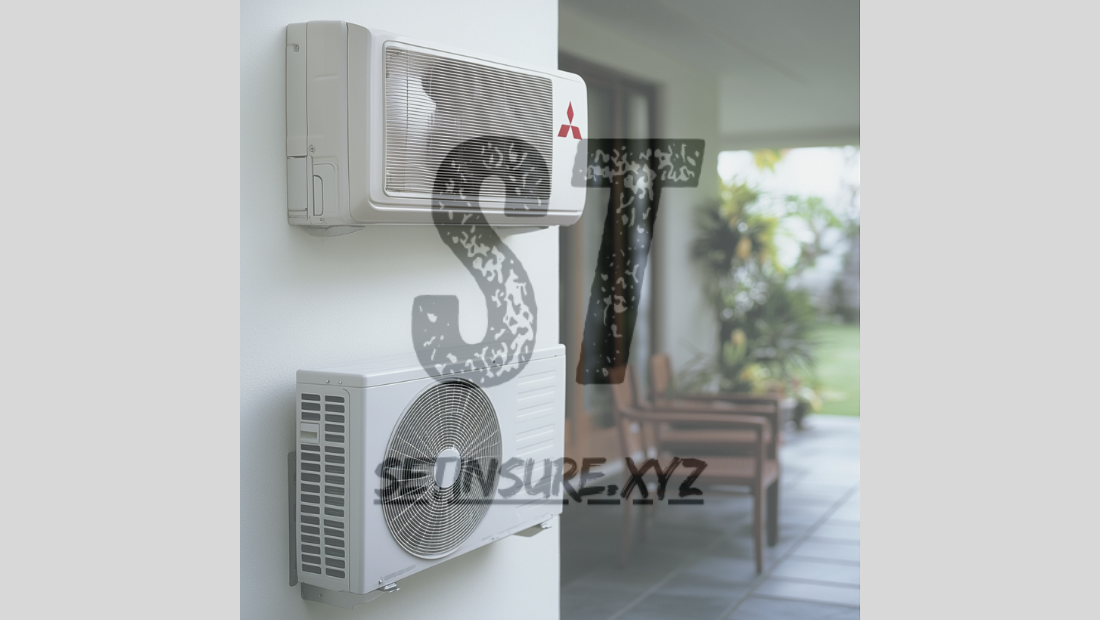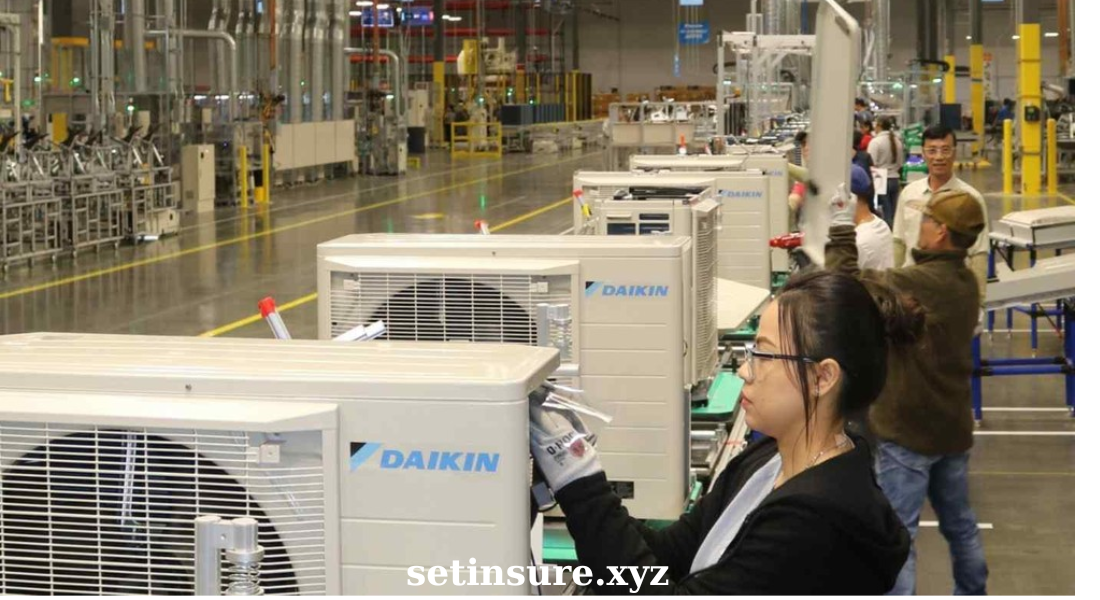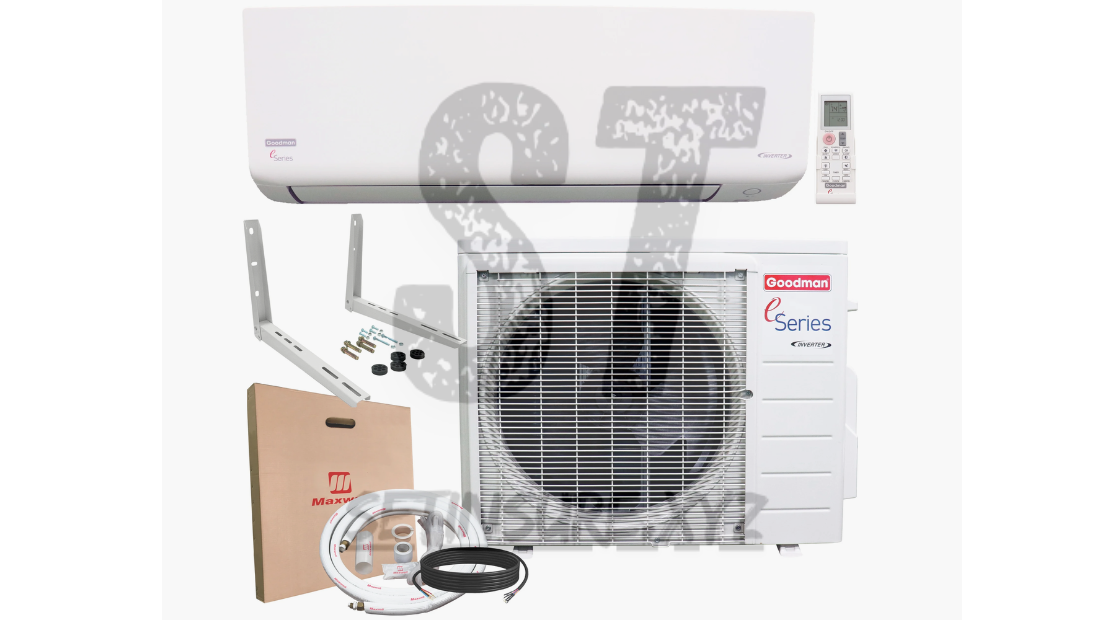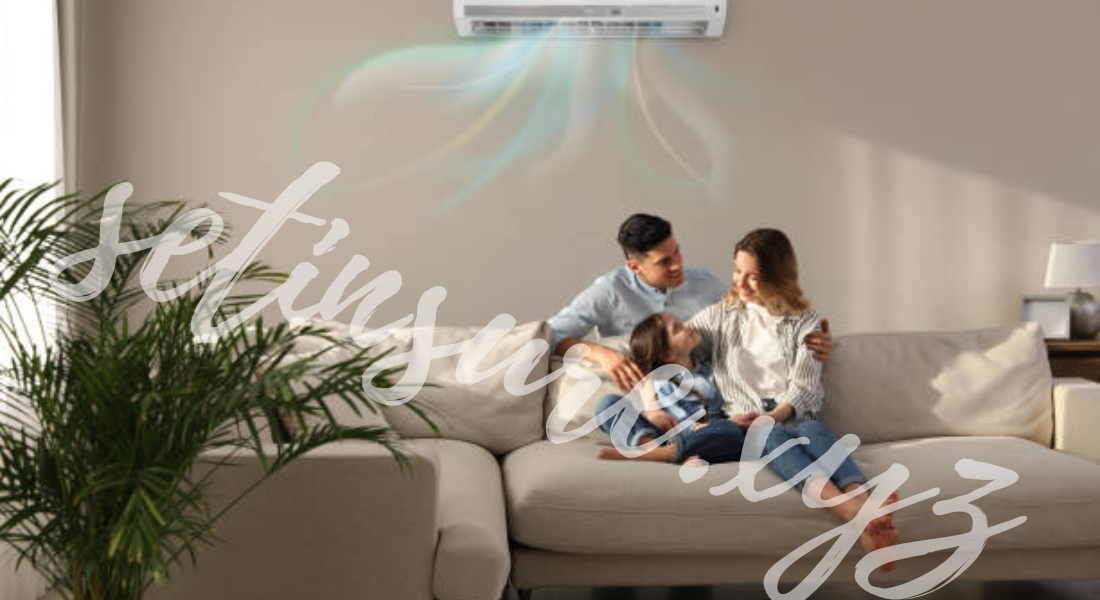When it comes to choosing an HVAC (Heating, Ventilation, and Air Conditioning) system, the market offers a wide array of brands and models to meet the varying needs of homeowners and businesses. One brand that stands out in the HVAC industry is Mitsubishi Electric. Known for its innovative technology, reliable performance, and energy-efficient systems, Mitsubishi has become a leading name in ductless heating and cooling solutions. However, it faces tough competition from other well-established HVAC brands, including Daikin, Carrier, Trane, and Lennox.
Each of these competitors brings unique strengths to the table in terms of quality, efficiency, and innovation. But how do they compare to Mitsubishi in these crucial areas? In this article, we’ll take a comprehensive look at Mitsubishi HVAC systems and compare them against their top competitors to help you make the best decision for your climate control needs.
1. Mitsubishi HVAC Systems: Quality, Innovation, and Efficiency
Mitsubishi Electric is a global leader in providing high-quality HVAC solutions, particularly in ductless mini-split systems and multi-zone systems. These systems are ideal for homes or spaces that require precise temperature control and flexibility, especially in areas without existing ductwork.
a. Quality and Durability
Mitsubishi HVAC systems are known for their durability and reliability. These units are designed to last for years with minimal maintenance. Mitsubishi’s commitment to high-quality components ensures that their systems perform well under demanding conditions, whether in hot, humid environments or cold winters.
- Reliability: Mitsubishi systems are built to withstand extreme weather and are widely regarded as one of the most dependable HVAC solutions on the market.
- Warranty: Mitsubishi offers extended warranties on their products, demonstrating confidence in their systems’ longevity and durability.
b. Innovation and Features
Mitsubishi Electric has consistently stayed ahead of the curve in terms of innovative HVAC technologies.
- Inverter Technology: Mitsubishi’s inverter-driven compressors adjust the compressor speed to match the current temperature needs, which leads to faster heating or cooling and greater energy savings compared to traditional systems.
- Smart Controls: Many Mitsubishi systems come with Wi-Fi-enabled controls, allowing you to control the temperature remotely via a smartphone or tablet. This makes it easy to adjust settings, even when you’re not home.
- Air Quality: Mitsubishi integrates advanced filtration systems to improve indoor air quality, making it ideal for those with allergies or respiratory conditions.
c. Energy Efficiency
Mitsubishi HVAC systems are known for their energy efficiency, particularly in their ductless systems. Their use of inverter technology and variable-speed compressors results in better temperature regulation and lower energy consumption.
- High SEER Ratings: Mitsubishi offers units with high SEER ratings (up to 24 SEER), ensuring that their systems are among the most energy-efficient on the market.
- Eco-Friendly Refrigerants: Mitsubishi has been a pioneer in using R-32 refrigerant, a more eco-friendly option compared to traditional refrigerants like R-410A, offering better energy savings and reduced environmental impact.

2. Mitsubishi vs Competitors: Daikin, Carrier, Trane, Lennox
While Mitsubishi is a formidable player in the HVAC market, several competitors offer similar systems with their own strengths. Let’s compare Mitsubishi against these top HVAC brands in terms of quality, efficiency, and innovation.
a. Daikin HVAC Systems
Daikin is another top competitor in the HVAC industry, with a reputation for high-performance systems and energy-efficient technology.
Key Differences:
- Quality: Daikin and Mitsubishi are similar in terms of build quality and longevity, both brands offering systems designed for long-term reliability. Daikin, however, has a slight edge with greater integration of smart home technology in its units.
- Innovation: Like Mitsubishi, Daikin uses inverter technology in its systems, but Daikin is also known for its eco-friendly refrigerant R-32, similar to Mitsubishi’s refrigerant choice.
- Energy Efficiency: Daikin systems offer similar SEER ratings to Mitsubishi, with some models achieving up to 26 SEER.
- Price: Daikin tends to be slightly more affordable than Mitsubishi for similar performance levels, especially in the mid-range systems.
Best For: Daikin is ideal for homeowners looking for an affordable, eco-friendly system with high energy efficiency and advanced technology.
b. Carrier HVAC Systems
Carrier is one of the most established HVAC brands in the market, known for its durable and reliable systems. It also offers both ducted and ductless systems.
Key Differences:
- Quality: Carrier HVAC systems are built for reliability and rugged performance, much like Mitsubishi. However, Carrier’s systems tend to be more expensive due to their premium features and higher upfront costs.
- Innovation: Carrier integrates smart thermostats and Wi-Fi connectivity with its Infinity® and Cor® systems, allowing homeowners to control their units remotely. While Mitsubishi also offers smart controls, Carrier’s smart thermostat features are slightly more advanced.
- Energy Efficiency: Carrier’s systems achieve high SEER ratings, though they tend to fall short in comparison to Mitsubishi’s inverter-driven models, which offer better efficiency in real-world settings.
- Price: Carrier tends to be on the higher end of the price spectrum, particularly in the premium models.
Best For: Carrier is ideal for high-end buyers who want advanced smart features and are willing to pay for premium performance.
c. Trane HVAC Systems
Trane is known for its rugged build quality and reliable performance, making it a strong competitor in the HVAC market.
Key Differences:
- Quality: Trane systems are built to endure harsh environments, and like Mitsubishi, they offer a long lifespan and are backed by a strong warranty.
- Innovation: Trane integrates smart technology through its ComfortLink II system, which offers remote control of your HVAC system. However, Mitsubishi’s inverter technology often results in better long-term efficiency.
- Energy Efficiency: Trane offers high-efficiency systems, but Mitsubishi’s variable-speed compressor technology gives it an edge in terms of consistent energy savings and efficient temperature control.
- Price: Trane’s systems tend to be more expensive, especially for their high-performance models.
Best For: Trane is a great choice for those looking for rugged durability and high-quality performance in demanding environments.
d. Lennox HVAC Systems
Lennox is known for its premium, high-efficiency systems, particularly in the residential market.
Key Differences:
- Quality: Lennox offers top-tier systems that focus on premium features and engineering excellence, making them an ideal choice for homeowners who want the best of the best.
- Innovation: Lennox is a leader in smart technology, offering the iComfort® smart thermostat and integration with smart home systems. Lennox also offers solar-powered HVAC options, which can significantly reduce a homeowner’s energy costs.
- Energy Efficiency: Lennox is unmatched in terms of energy efficiency, with its Signature Series achieving up to 26 SEER, which outperforms Mitsubishi’s models in certain categories.
- Price: Lennox is generally more expensive than Mitsubishi and other brands due to its premium pricing and advanced technology.
Best For: Lennox is ideal for those who prioritize maximum energy efficiency and premium features, and are willing to invest in top-tier technology.
3. Which HVAC System is Best for You?
a. Energy Efficiency:
- Mitsubishi, Daikin, and Lennox are leaders in energy efficiency. If reducing your carbon footprint and energy bills is a top priority, Mitsubishi and Lennox offer the best energy-saving technologies, especially for cooling and heating cycles.
- Carrier and Trane are energy-efficient but tend to fall short in comparison to Mitsubishi’s inverter-driven systems and Lennox’s high-SEER models.
b. Smart Features:
- Mitsubishi and Carrier offer Wi-Fi controls and integration with smart home systems, making them ideal for users who value convenience and remote control. Lennox, however, leads in advanced smart technology, particularly with its iComfort® thermostat and solar HVAC systems.
- Trane also offers smart technology but tends to focus more on reliability than advanced features.
c. Price:
- Mitsubishi and Daikin offer affordable options without compromising on performance or quality.
- Carrier, Trane, and Lennox tend to be higher-priced, particularly for their premium models with advanced features.
d. Durability and Reliability:
- Mitsubishi, Trane, and Carrier are known for their rugged build and long-lasting performance, making them great choices for homeowners or businesses in areas with extreme weather conditions.
4. Conclusion
Choosing the right HVAC system depends on your specific needs, budget, and the features that matter most to you. Mitsubishi stands out for its energy efficiency, innovative features, and affordable pricing, especially for residential and ductless systems. However, Lennox offers premium, high-efficiency systems ideal for those looking for top-tier performance, while Trane and Carrier excel in reliable performance and durability. Daikin offers a strong value proposition with eco-friendly refrigerants and competitive pricing.
By understanding the strengths of Mitsubishi and its competitors, you can make an informed decision to choose the best HVAC system for your home or business.



